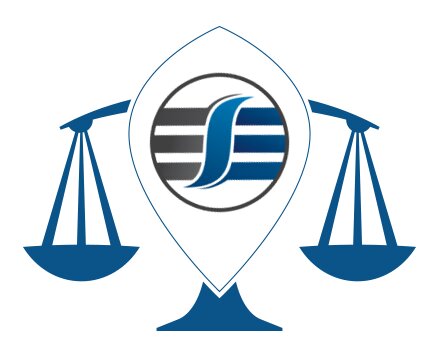Best Arrests & Searches Lawyers in Mumbai
Share your needs with us, get contacted by law firms.
Free. Takes 2 min.
List of the best lawyers in Mumbai, India
About Arrests & Searches Law in Mumbai, India
Arrests & Searches laws in Mumbai, India are governed primarily by the Code of Criminal Procedure, 1973, and the Indian Penal Code, 1860. These laws dictate the procedures, rights, and limitations related to the arrest and search of individuals and their properties by law enforcement agencies in Mumbai.
Why You May Need a Lawyer
There are various situations where you may require legal help in Arrests & Searches:
- If you have been arrested or detained by the police
- When your property has been searched or seized by the authorities
- If you believe your rights were violated during an arrest or search
- When you need assistance in navigating the complex legal procedures
- If you are facing criminal charges as a result of an arrest or search
Local Laws Overview
When it comes to Arrests & Searches in Mumbai, India, it is important to be aware of the following key aspects of local laws:
- An arrest can be made with or without an arrest warrant, depending on the circumstances and the offense.
- The police can conduct searches with a warrant or under specific circumstances without a warrant.
- During an arrest or search, certain fundamental rights of individuals, as enshrined in the Indian Constitution, must be respected.
- There are specific provisions for the rights of the accused at the time of arrest, including notification of grounds for arrest and the right to legal representation.
- It is crucial to understand the legal procedures, including bail, remand, and filing of charges, as they differ based on the offense and severity.
Frequently Asked Questions
Q1: Can the police arrest me without a warrant in Mumbai?
A1: Yes, under certain circumstances, the police in Mumbai can make an arrest without a warrant if they have reasonable grounds to believe that an offense has been committed.
Q2: What are my rights if I am arrested in Mumbai?
A2: When arrested in Mumbai, you have the right to be informed of the grounds of your arrest, the right to legal representation, and the right to remain silent to avoid self-incrimination.
Q3: Can the police search my property without my consent?
A3: In general, the police in Mumbai need a search warrant to search your property. However, there are specific circumstances where they can conduct a search without a warrant, such as the presence of immediate threat to public safety or the recovery of evidence.
Q4: What should I do if I believe my rights were violated during an arrest or search?
A4: If you believe your rights were violated during an arrest or search in Mumbai, it is advisable to consult a lawyer who can guide you on the appropriate legal actions to take. Collect any evidence or witnesses that may support your claim.
Q5: Can I get bail after being arrested in Mumbai?
A5: Yes, depending on the nature of the offense and other relevant factors, you may be eligible for bail. It is essential to seek legal advice promptly to understand the process and requirements for obtaining bail.
Additional Resources
For additional information and legal assistance regarding Arrests & Searches in Mumbai, India, you may consider the following resources:
- Mumbai Police Department
- Mumbai Bar Association
- Local legal aid organizations
- Legal helpline services
Next Steps
If you need legal assistance regarding Arrests & Searches in Mumbai, India, take the following steps:
- Document the details of the arrest or search, including dates, times, and individuals involved.
- Consult with a lawyer who specializes in criminal law or Arrests & Searches cases.
- Share all relevant information and evidence with your lawyer.
- Follow the guidance of your lawyer and cooperate with their legal strategy.
- Maintain regular communication with your lawyer to stay informed and involved in your case.
Lawzana helps you find the best lawyers and law firms in Mumbai through a curated and pre-screened list of qualified legal professionals. Our platform offers rankings and detailed profiles of attorneys and law firms, allowing you to compare based on practice areas, including Arrests & Searches, experience, and client feedback.
Each profile includes a description of the firm's areas of practice, client reviews, team members and partners, year of establishment, spoken languages, office locations, contact information, social media presence, and any published articles or resources. Most firms on our platform speak English and are experienced in both local and international legal matters.
Get a quote from top-rated law firms in Mumbai, India — quickly, securely, and without unnecessary hassle.
Disclaimer:
The information provided on this page is for general informational purposes only and does not constitute legal advice. While we strive to ensure the accuracy and relevance of the content, legal information may change over time, and interpretations of the law can vary. You should always consult with a qualified legal professional for advice specific to your situation.
We disclaim all liability for actions taken or not taken based on the content of this page. If you believe any information is incorrect or outdated, please contact us, and we will review and update it where appropriate.

















